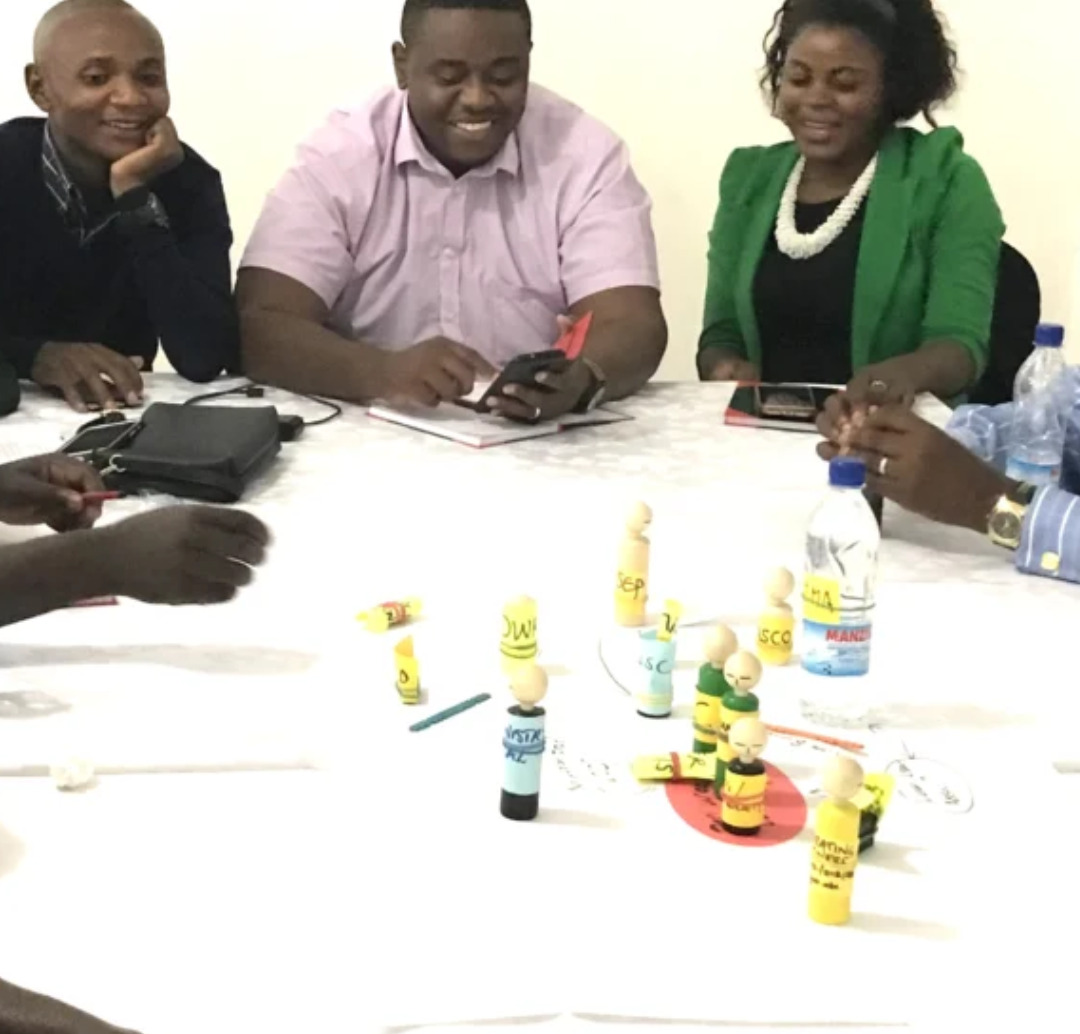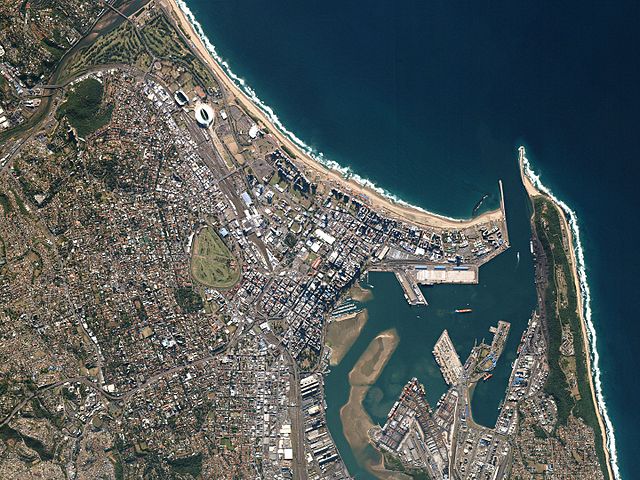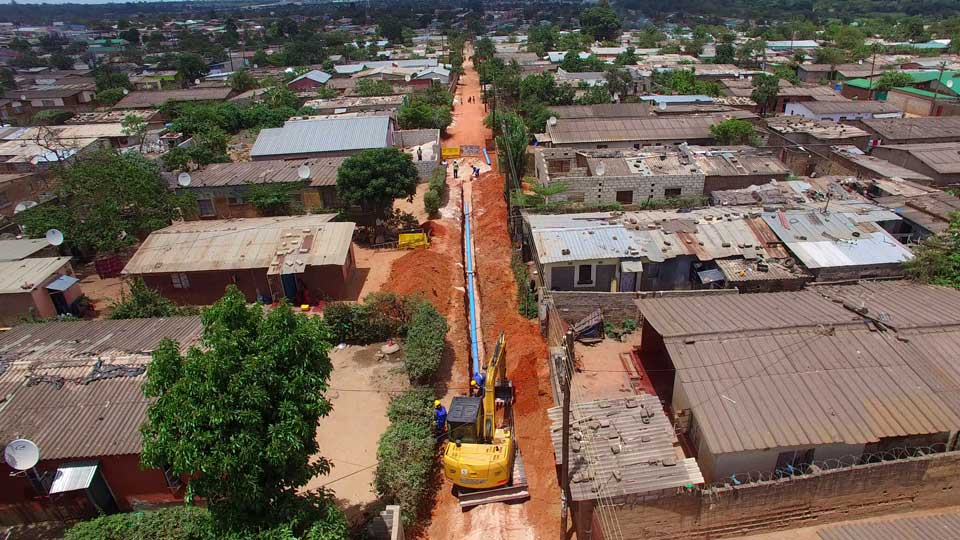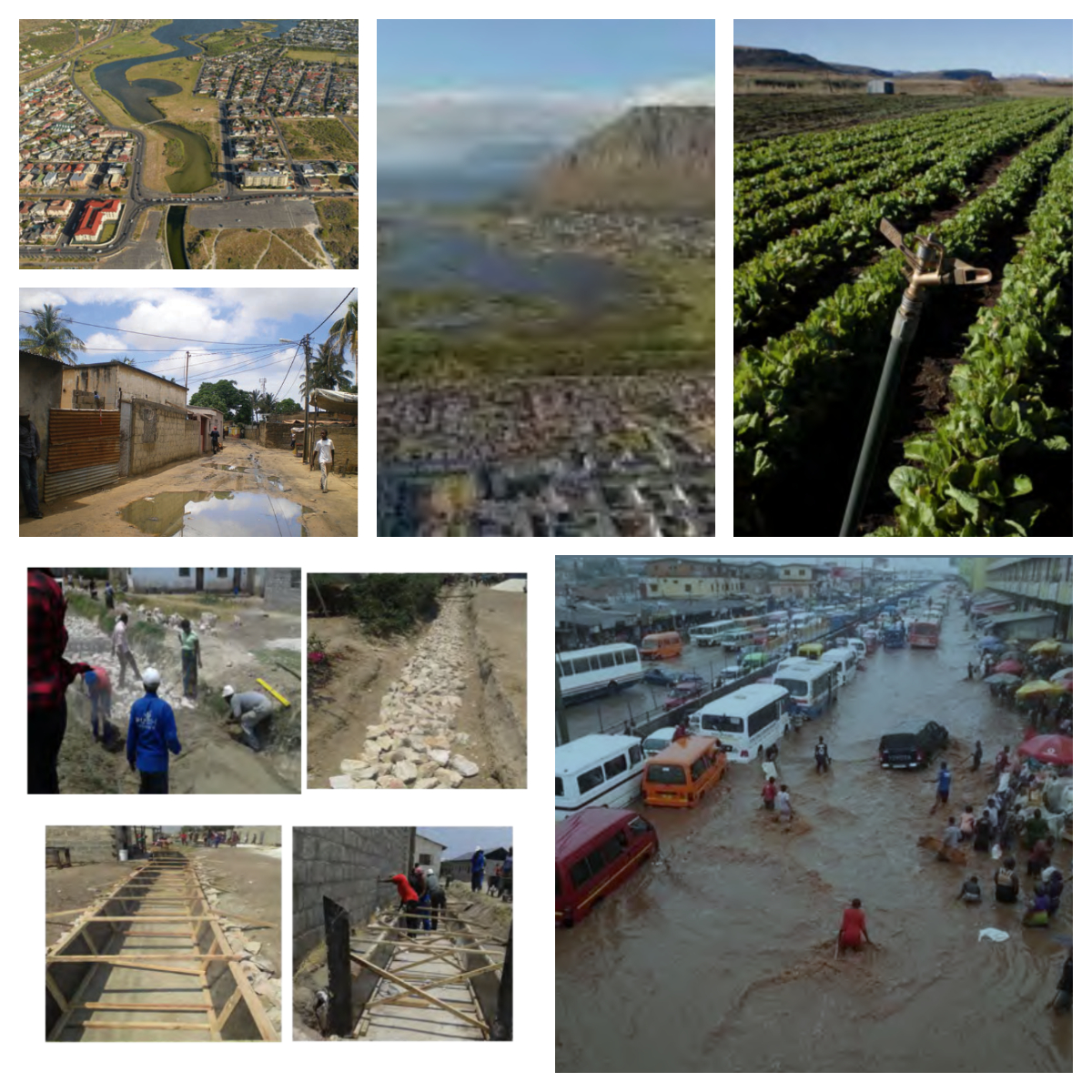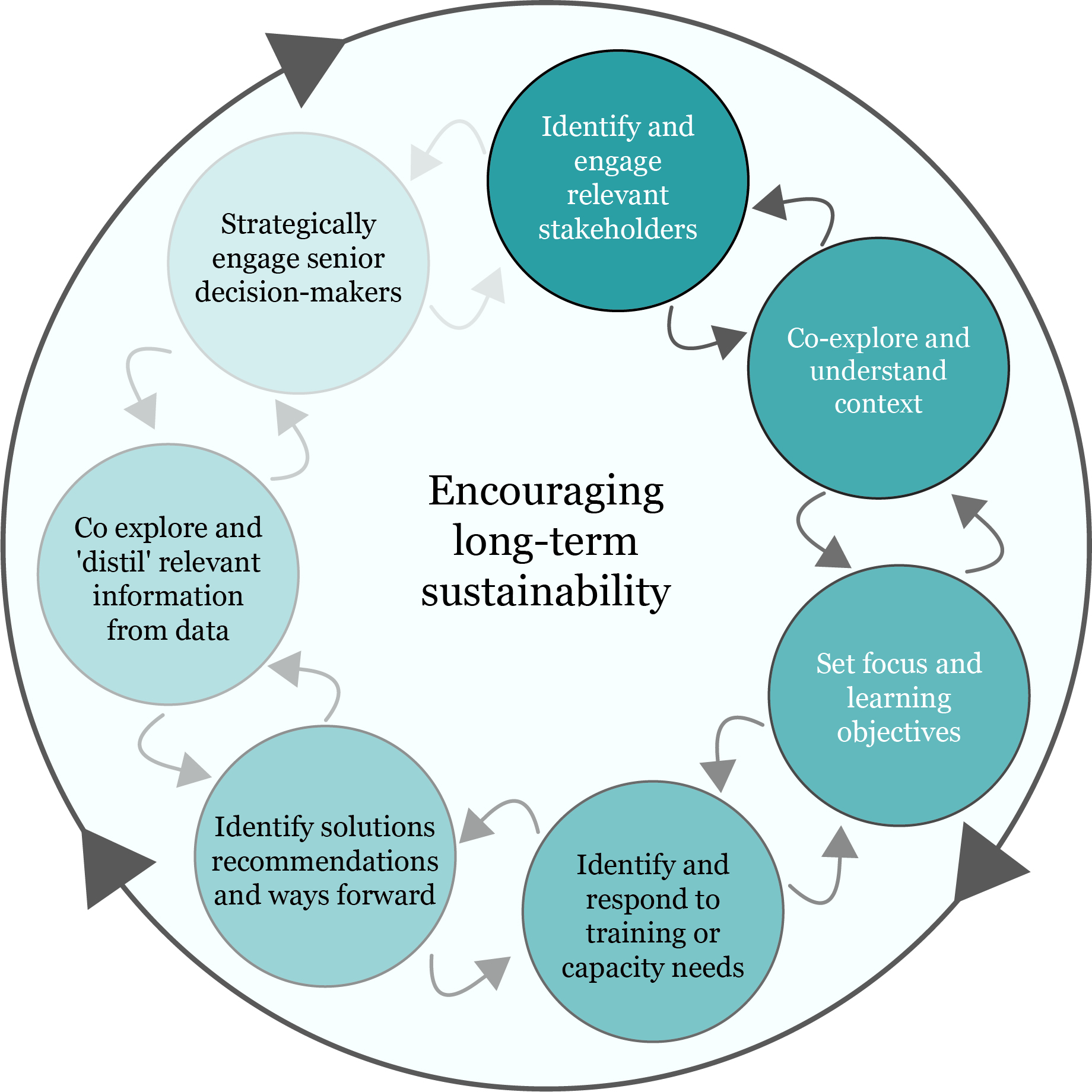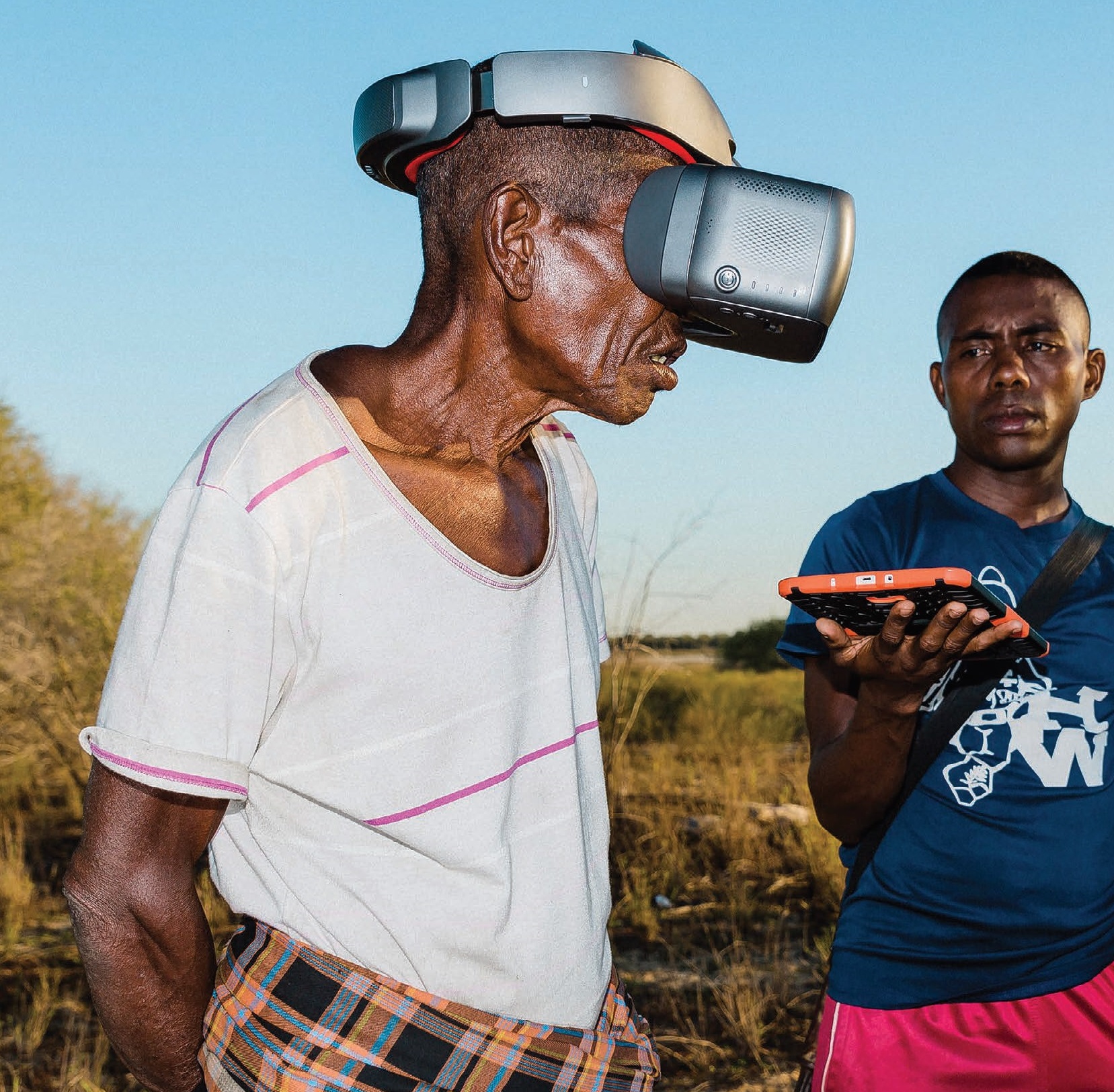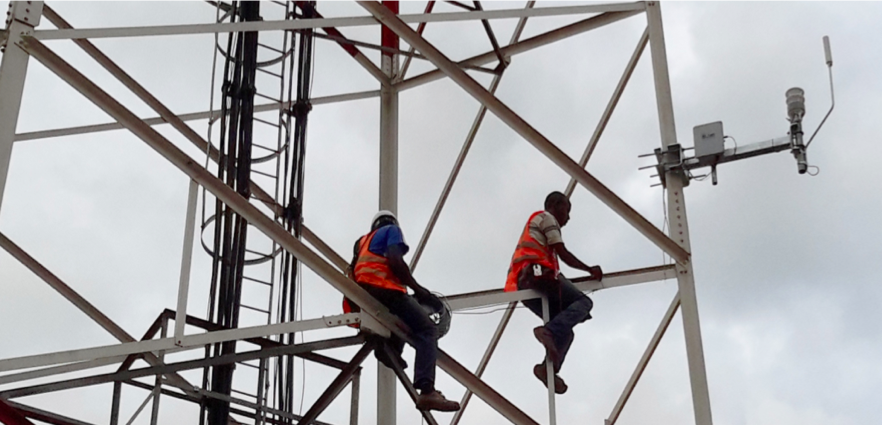zambia
Supporting climate-resilient urban planning: 10 lessons from cities in southern Africa
This brief presents key insights on integrating climate information into climate change-related adaptation planning in African cities.
Understanding and Supporting Climate-sensitive Decision Processes in Southern African Cities Review
Find out about recent research on how climate information is brought to bear on decision-making in southern African cities. Development of sustainable cities needs to be based on robust climate information while also involving local communities.
Digital Storytelling Tool
Compiled information about different digital storytelling methods that can be used within projects to help share experiences.
Bottom-Up Adaptive Decision-Support for Resilient Urban Water Security: Lusaka Case Study
This research applies the Decision-Scaling (DS) method as an adaptation framework for decision support, by evaluating system vulnerabilities at both the city- and region- scale for resilient urban water security in Lusaka.
The Tandem framework: a holistic approach to co-designing climate services
The Tandem framework provides a holistic approach for theco-design of climate services. The seven-step approach is designed to help scientists, intermediaries and decision-makers collaborate.
FRACTAL Learning – Adaptation Inspiration Cases in Africa Summary
This is a summary article signposting the FRACTAL Learning modules 1-6 on inspirational adaptation cases in Africa.
Refocusing the climate services lens: Introducing a framework for co-designing “transdisciplinary knowledge integration processes” to build climate resilience
This paper seeks to reconceptualize climate services in light of the prevailing inability of existing climate information to spur needed policy and action. It focusses on the transdisciplinary knowledge co-production process rather than the output of a climate services product.
PARTNERS IN SCIENCE: How the People Who Should Benefit from Research Are Increasingly Shaping How It Is Done
Community-based participatory research has been gaining traction for the past two decades. Nature talked to three research groups that have built successful co-produced projects with this approach.
Revenue-Generating Opportunities Through Tailored Weather Information Products
This continental-scale market assessment investigated how thriving commercial weather markets could be catalysed in the 11 African countries supported by the CIRDA programme.
Climate change adaptation and cross-sectoral policy coherence in southern Africa
This paper looks at the extent of policy coherence around climate change in the water and agriculture sectors in Malawi, Tanzania and Zambia.
